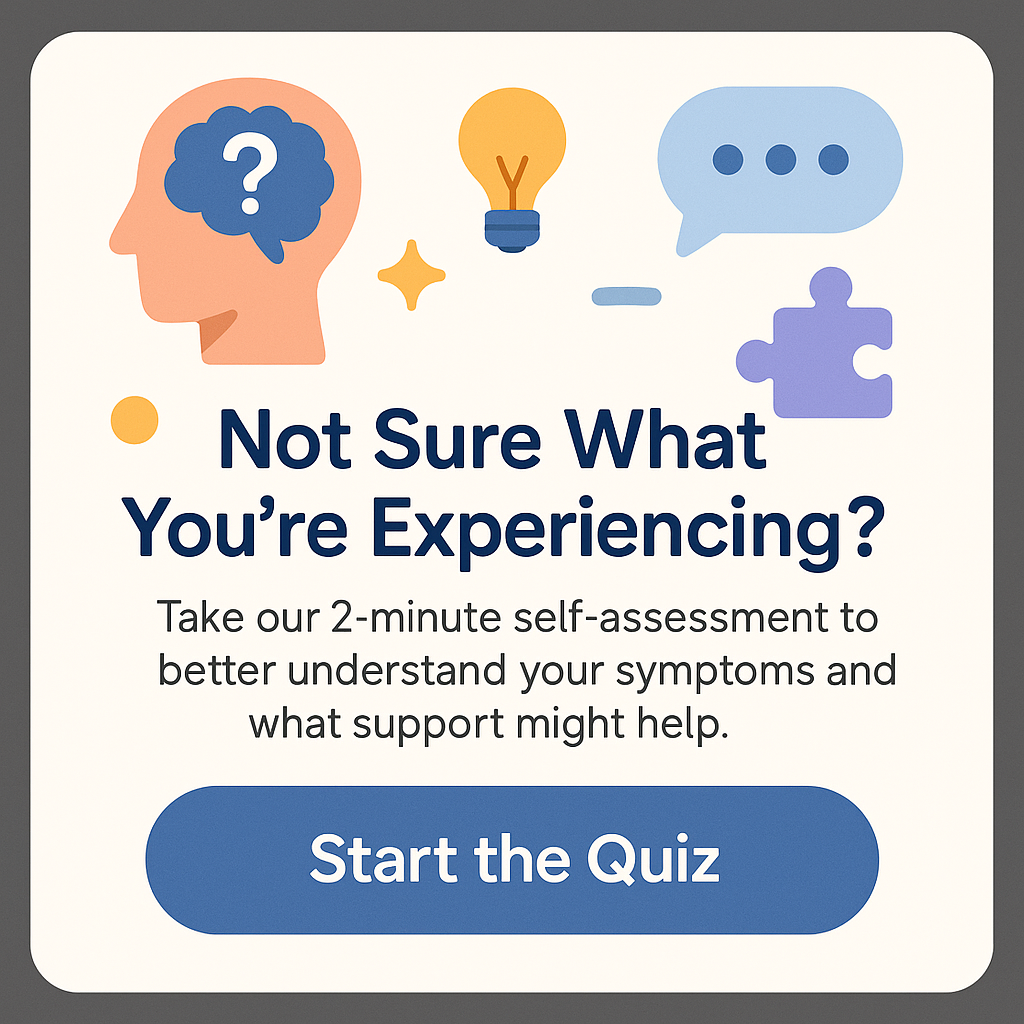Does Autism Qualify for Disability?
Does autism qualify for disability? If you or a loved one are navigating the sometimes overwhelming world of autism spectrum disorder (ASD), you might have found yourself asking this very question. Autism affects social interaction, communication, interests, and behavior, and it can significantly impact day-to-day living for individuals and their families. Understanding the nuances of autism in relation to disability status is crucial for accessing necessary resources, support, and services that can greatly enhance quality of life. In this comprehensive article, we will delve into the definition of autism, eligibility criteria for disability benefits, the process of applying for these benefits, and various types of support available to individuals with autism and their families.
Understanding Autism Spectrum Disorder
To answer the question, “Does autism qualify for disability?” it’s essential to start with a foundational understanding of autism itself. Autism Spectrum Disorder is not a single condition, but rather a complex range of conditions characterized by differences in communication, behavior, and interaction. The term “spectrum” reflects the wide variety of symptoms and behaviors associated with autism.
As per the DSM-5 (Diagnostic and Statistical Manual of Mental Disorders, Fifth Edition), autism is classified into different levels based on the severity of symptoms and needed support. The three levels are:
- Level 1: Requiring support
- Level 2: Requiring substantial support
- Level 3: Requiring very substantial support
These levels are key in determining an individual’s eligibility for disability benefits, as they reflect not only the challenges faced but also the degree of assistance an individual needs. For example, someone classified at Level 3 could exhibit significant communication barriers and require ongoing personal care, which plays into eligibility for financial and social support.
Moreover, autism often coexists with various other conditions, such as ADHD, anxiety disorders, or intellectual disability, making the assessment of the disability even more complex. This can sometimes result in a situation where individuals may qualify for certain benefits based on additional diagnoses rather than autism alone.
When considering whether autism qualifies for disability, it’s essential to consult professionals who specialize in education and clinical diagnosis. This includes psychologists, psychiatrists, and social workers who can provide the necessary documentation and support for benefit applications.
Eligibility Criteria for Disability Benefits
When asking, “Does autism qualify for disability?” it’s important to recognize distinct eligibility criteria set forth by bodies like the Social Security Administration (SSA) in the United States. The SSA outlines specific criteria regarding disabilities and the evidence needed to substantiate a claim.
According to the SSA’s Blue Book, autism is evaluated under the category of “Mental Disorders.” For an individual to qualify for disability benefits, they must exhibit significant limitations in various areas, such as:
- Understanding or applying information: The inability to comprehend instructions or information can severely limit an individual’s ability to engage meaningfully in daily activities or work.
- Interacting with others: Difficulty in communicating or forming relationships interferes with both personal and professional interactions.
- Concentrating or maintaining pace: Those with autism might struggle with focus, making it challenging to complete tasks in a timely manner.
- Adapting to changes: Changes in routine can cause significant distress, impacting the individual’s ability to function in daily life.
For a successful claim, clearer and extensive documentation of these symptoms from qualified professionals is crucial. Furthermore, the SSA also considers age, education, and work experience, ensuring a holistic view of the individual’s capacity to earn a living.
The application process, however, is often lengthy and challenging. It involves gathering medical records, completing various forms, and possibly undergoing interviews or evaluations. That’s why many families choose to work with disability advocates or attorneys who specialize in this area, which can significantly enhance the likelihood of a successful outcome.
Financial and Support Resources for Individuals with Autism
Understanding the intricacies surrounding “Does autism qualify for disability?” brings us to the valuable resources available to those diagnosed with autism. If an individual qualifies for Social Security Disability Insurance (SSDI) or Supplemental Security Income (SSI), it opens the door for access to numerous resources. These resources can provide necessary aid beyond just financial support.
Benefits include:
- Health insurance: Individuals may automatically qualify for Medicaid or Medicare, which can cover essential health services including therapy and medication.
- Job training and placement programs: Numerous organizations offer job training tailored for individuals with autism to better integrate them into the workforce. This not only fosters independence but also improves self-esteem.
- Educational support: Autism affects learning styles, and specialized educational programs can provide additional resources tailored to different needs.
- Community and family counseling: Connecting with others facing similar challenges can be therapeutic. Family support resources can also provide strategies for managing the sometimes overwhelming impacts of autism.
- Support groups: Numerous foundations and nonprofits focus on autism and offer grants, scholarships, and inclusive community activities.
Accessing these services often requires persistence and thorough documentation, but the result can significantly enhance quality of life. Moreover, local and state programs might also provide additional support tailored to families dealing with autism, offering them vital resources as they navigate the challenges of daily life.
Common Questions on Disability and Autism
As discussed earlier, many are inclined to ask, “Does autism qualify for disability?” However, as with many complex health conditions, there are additional questions that commonly arise from this topic. Here, we will clarify five of those queries:
1. How does the SSA evaluate an autism claim?
The SSA evaluates autism claims through a series of medical documentation, including psychological evaluations, educational assessments, and testimonials regarding daily living limitations. They require thorough evidence to support claims.
2. Can my child qualify for disability benefits with autism?
Yes, children with autism can qualify for disability benefits through SSI if they can show significant impairments that affect their daily activities and education.
3. Do adults with autism qualify for Social Security Disability Insurance?
Absolutely! Adults with a well-documented diagnosis of autism that severely limits their ability to work can qualify for SSDI depending on work history and contributions to Social Security.
4. Does having an additional diagnosis affect eligibility?
Yes, having additional diagnoses can strengthen a claim since they may illustrate a complexity of limitations that could qualify a person for disability benefits.
5. What types of jobs can individuals with autism hold?
Individuals with autism can thrive in many job environments depending on their strengths, interests, and level of support needed. Some excel in analytical roles, while others may find fulfilling positions in creative fields or trade jobs that utilize fine motor skills.
Conclusion
In summary, addressing the question, “Does autism qualify for disability?” is crucial for individuals and families affected by autism. Understanding the eligibility criteria and process for applying for benefits can open essential avenues for support and resources. While autism presents various challenges, it’s important to remember that with the right support system in place, individuals can lead fulfilling lives, utilizing their unique strengths to contribute meaningfully to society.
If you’re navigating this challenging path, know that help is available. Don’t hesitate to reach out to professionals, support groups, and resources that can provide guidance and assistance. Every journey is unique, but with the right knowledge and support, individuals with autism can embrace their potential and achieve their goals.
Frequently Asked Questions
1. Can autism be defined at all? Autism, or autism spectrum disorder (ASD), encompasses a range of symptoms that affect communication and behavior.
2. How long does it take to get disability benefits for autism? The duration can vary greatly, ranging from a few months to over a year, depending on the case’s complexity and the SSA’s workload.
3. Are there any age restrictions for receiving autism-related disability benefits? Autism can qualify individuals for benefits at any age, including childhood, adulthood, or even later stages of life.
4. Can I apply for disability benefits if my autism is mild? Yes, even mild autism symptoms can qualify if they significantly impair daily functioning.
5. What can I do if my claim is denied? If your claim for benefits is denied, you can appeal the decision, providing additional documentation or information supporting your claim.
Can an Autistic Child be Normal? Understanding the Spectrum
What is the discount card for autistic children?
How Do I Tell If I’m Autistic? Understanding the Signs and Next Steps







